An influential health lobby has called for a reduction in the number of licensed premises as well as a minimum price for alcohol and an advertising ban as part of a strategy to reduce problem drinking.
The National Institute for Health and Clinical Excellence (NICE) said: "Alcohol should be made less affordable by introducing a minimum price per unit, and less easy to buy, for example by reducing the number of outlets selling alcohol in a given area, or the days and hours that it can be purchased."
In a submission to government, NICE called for current advertising regulations to be strengthened to minimise children's exposure to alcohol products. "A complete ban on alcohol advertising should also be considered to protect these high-risk groups, as is the case with tobacco products," it added.
The suggestion that the number of alcohol licences in a given area should be limited was attacked by the Association of Convenience Stores on the grounds that there was "no credible evidence" it would reduce alcohol harm. "For smaller stores, gaining an alcohol licence is a crucial part of becoming a fully-fledged convenience store," it said. "For shops which already sell alcohol, losing their licence would severely impact on their viability."
Gavin Partington of the Wine and Spirit Trade Association added: "Minimum pricing won't stop problem drinkers. Advertising is already tightly regulated and banning it would hit the pockets of millions of consumers and threaten thousands of jobs. Let's focus on those who have the problem, not punish everybody."
The Conservative Party committed to tighter licensing and 'restraint' of advertising in its manifesto, while the coalition government has listed a ban on the sale of alcohol below cost price, and greater powers for local authorities to limit or remove licences, among its priorities.
The National Institute for Health and Clinical Excellence (NICE) said: "Alcohol should be made less affordable by introducing a minimum price per unit, and less easy to buy, for example by reducing the number of outlets selling alcohol in a given area, or the days and hours that it can be purchased."
In a submission to government, NICE called for current advertising regulations to be strengthened to minimise children's exposure to alcohol products. "A complete ban on alcohol advertising should also be considered to protect these high-risk groups, as is the case with tobacco products," it added.
The suggestion that the number of alcohol licences in a given area should be limited was attacked by the Association of Convenience Stores on the grounds that there was "no credible evidence" it would reduce alcohol harm. "For smaller stores, gaining an alcohol licence is a crucial part of becoming a fully-fledged convenience store," it said. "For shops which already sell alcohol, losing their licence would severely impact on their viability."
Gavin Partington of the Wine and Spirit Trade Association added: "Minimum pricing won't stop problem drinkers. Advertising is already tightly regulated and banning it would hit the pockets of millions of consumers and threaten thousands of jobs. Let's focus on those who have the problem, not punish everybody."
The Conservative Party committed to tighter licensing and 'restraint' of advertising in its manifesto, while the coalition government has listed a ban on the sale of alcohol below cost price, and greater powers for local authorities to limit or remove licences, among its priorities.






















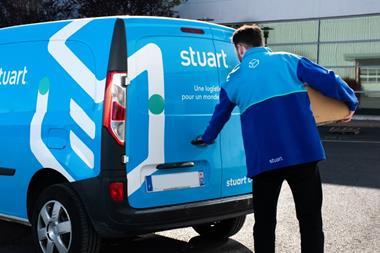


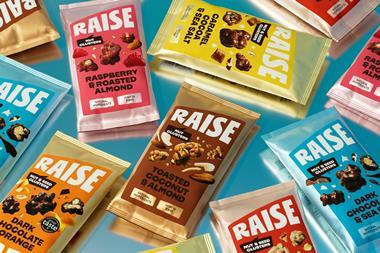
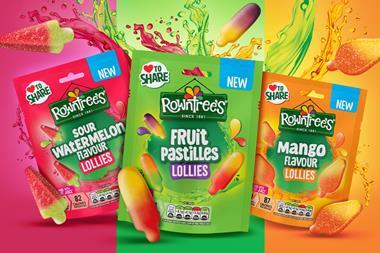
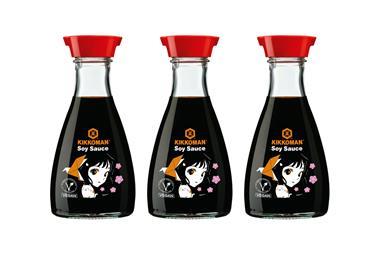
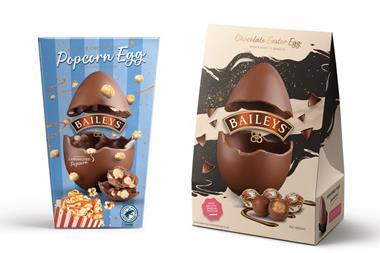
No comments yet